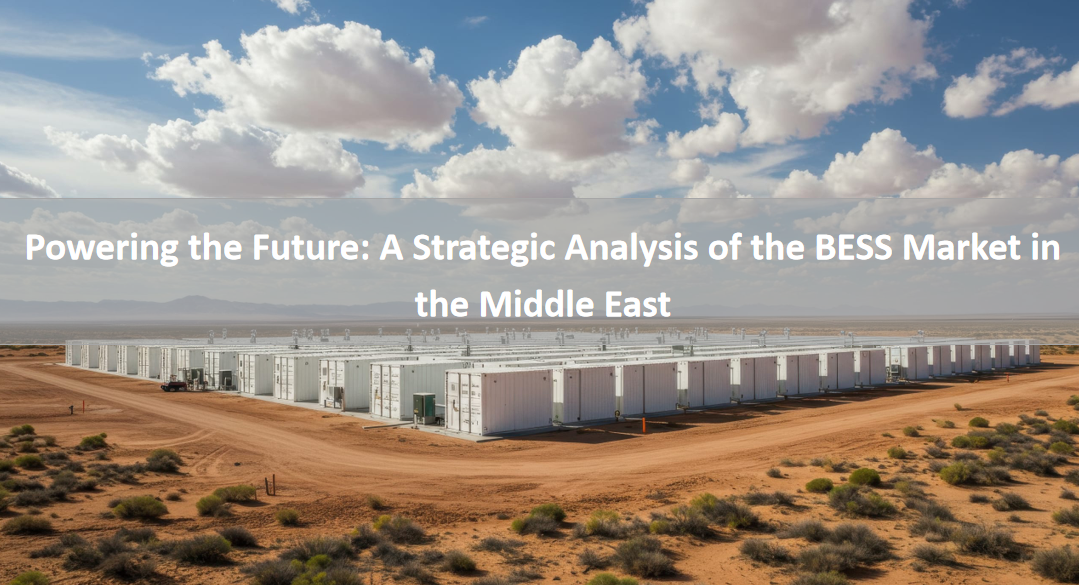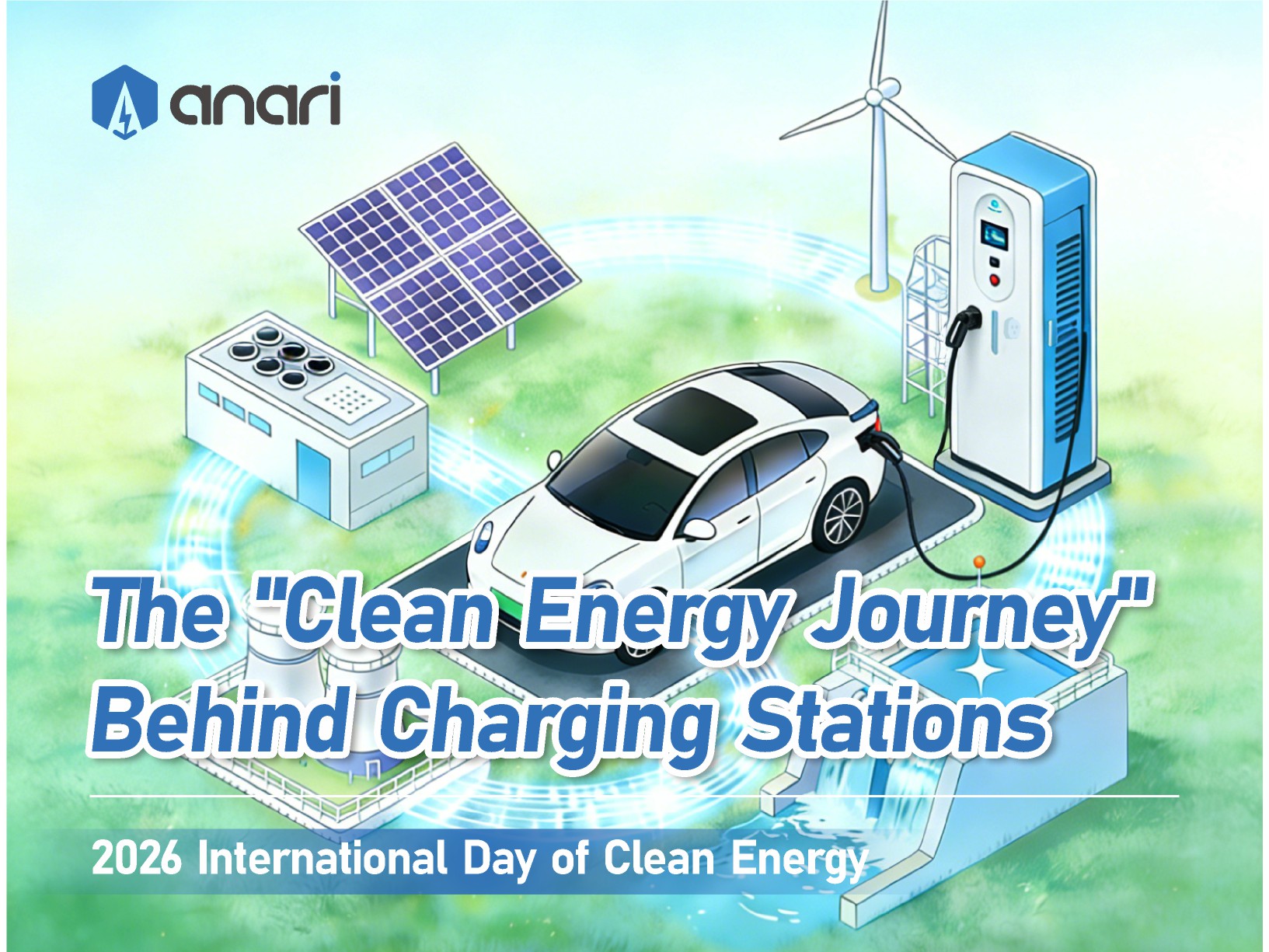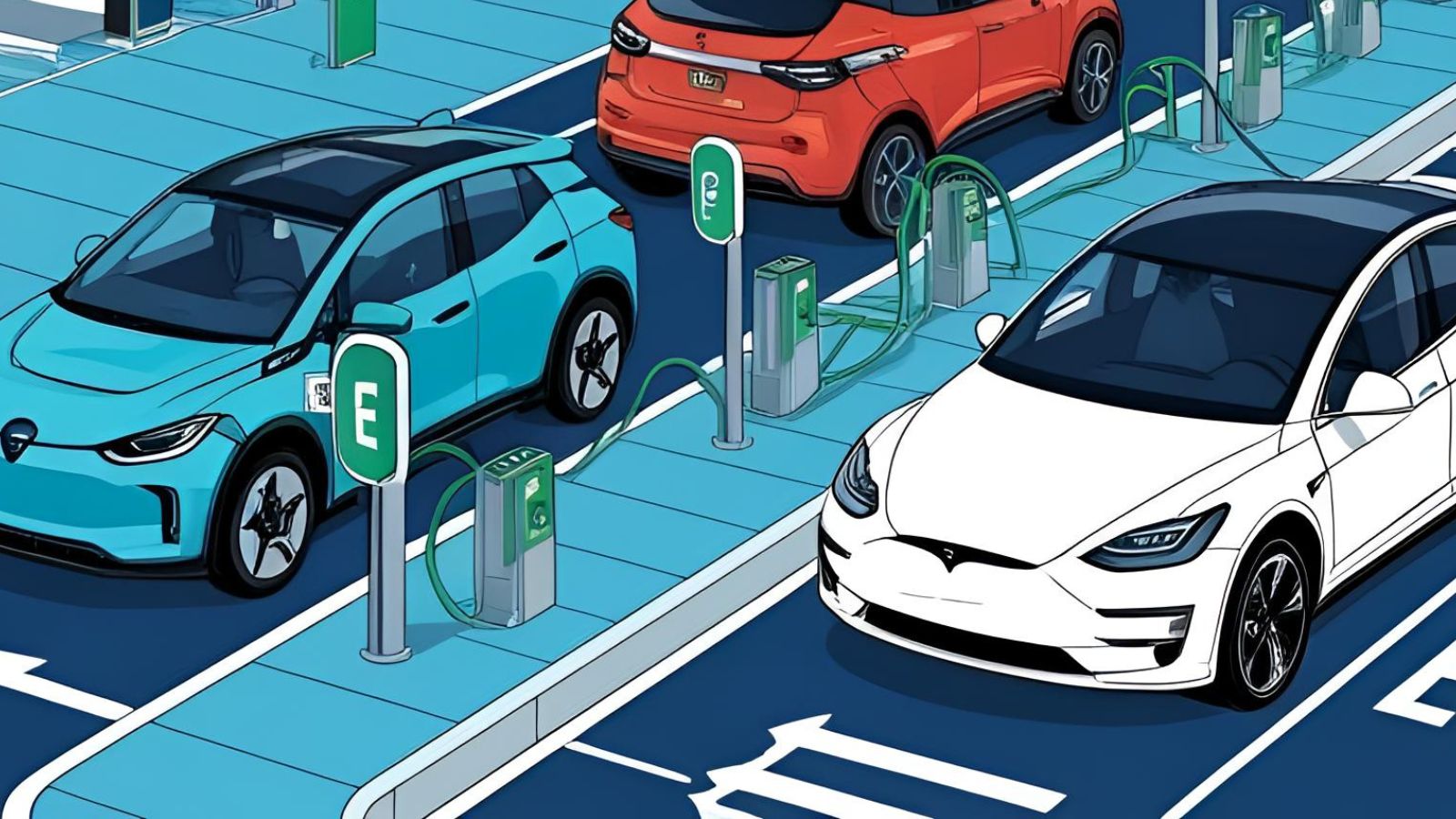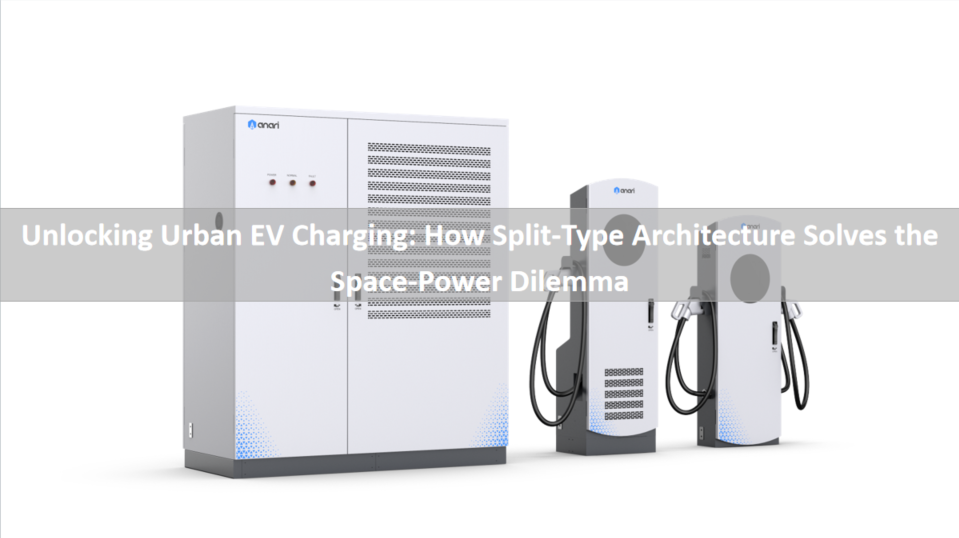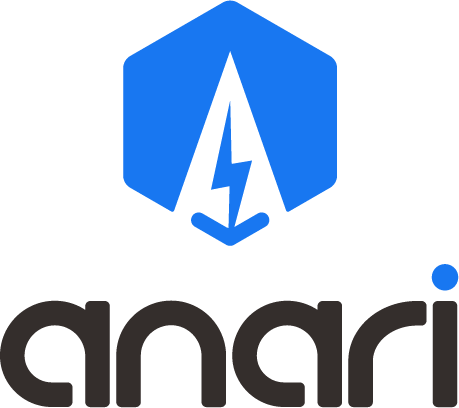The Middle East, a region historically synonymous with hydrocarbon wealth, is undergoing a profound energy transition. Driven by economic diversification agendas, burgeoning energy demand, and falling renewable energy costs, national visions like Saudi Arabia's Vision 2030 and the UAE's Energy Strategy 2050 are catalyzing a shift towards a sustainable energy paradigm. Within this transformation, Battery Energy Storage Systems (BESS) are emerging not as a peripheral technology, but as a critical enabler for grid stability, renewable integration, and energy security.
This report analyzes the Middle East BESS market, moving beyond surface-level news to provide a strategic assessment for potential investors, developers, and partners. Our analysis concludes that the market is at a pivotal inflection point. While currently nascent and dominated by large-scale, utility-driven projects, the market will rapidly evolve to encompass commercial, industrial, and residential segments. The key to success lies in navigating a complex landscape of evolving regulations, extreme environmental conditions, and distinct regional customer needs. Companies that offer robust, bankable, and locally-adapted BESS solutions, backed by deep technical expertise and a long-term commitment, will be positioned to lead in this high-growth frontier.
1. Current Development Status of BESS in the Middle East: From Pilots to Strategic Imperative
The Middle East BESS market is in its early growth phase, characterized by a transition from pilot projects to multi-gigawatt-hour strategic deployments. The current landscape is defined by several key trends:
1.1 Utility-Scale Dominance and Renewable Integration
The primary driver for BESS adoption is the massive investment in utility-scale solar PV. Projects like the Al Dhafra Solar PV plant in the UAE (2 GW) and the Sudair Solar PV plant in Saudi Arabia (1.5 GW) are setting new global benchmarks for low solar tariffs. However, the intermittency of solar power creates significant grid integration challenges. BESS is increasingly seen as the essential solution for energy shifting (storing daytime solar for evening peak demand) and frequency regulation. The 250MW / 250MWh BESS project announced by ACWA Power in Saudi Arabia is a testament to this, designed specifically to support the Kingdom's renewable energy zones.
1.2 The Shift from Diesel Supplement to Renewable Enabler
Historically, off-grid and weak-grid areas in the region relied on diesel generators. The economics are now decisively shifting in favor of solar-plus-storage microgrids. BESS reduces diesel fuel consumption and generator runtime, leading to substantial operational expenditure (OPEX) savings and carbon emission reductions. This is particularly relevant for remote industrial sites, mining operations, and tourism developments.
1.3 Emerging Applications Beyond Energy Shifting
While energy shifting is the primary use case, other value streams are being piloted and recognized. These include:
Black Start Capability: Providing power to restart power stations after a total blackout.
Transmission & Distribution Deferral: Delaying costly infrastructure upgrades by managing local grid congestion.
Water-Energy Nexus: Stabilizing grids that power large, constant-load seawater desalination plants, a critical application for all GCC countries.
2. Industrial Policies of BESS Countries in the Middle East: Vision Documents as Catalysts
Government policy is the single most powerful force shaping the BESS market in the Middle East. Unlike regions with mature merchant energy markets, the Middle East's transition is largely state-directed through comprehensive national visions and energy strategies.
2.1 The UAE
A First-Mover with a Diversified Approach: The UAE, particularly Abu Dhabi and Dubai, leads the region with clear targets and executed projects. Dubai's Clean Energy Strategy 2050 aims for 75% of its energy from clean sources by 2050, creating a direct mandate for storage. The Dubai Electricity and Water Authority (DEWA) has been a pioneer, launching the region's first large-scale BESS pilot at the Mohammed bin Rashid Al Maktoum Solar Park. Abu Dhabi, through its Department of Energy, is establishing a regulatory framework that recognizes the value of storage as a distinct asset class, encouraging private investment.
2.2 Saudi Arabia
The Emerging Gigawatt-Scale Market: Saudi Arabia's Vision 2030 and the National Renewable Energy Program (NREP) represent the most significant growth opportunity globally. The Kingdom aims to generate 50% of its electricity from renewables by 2030. The scale and pace of this build-out make BESS a strategic necessity. The Saudi Power Procurement Company (SPPC) is increasingly structuring tenders for solar and wind with an integrated or co-located storage component, signaling a clear policy direction.
2.3 Oman, Qatar, and Kuwait
Following the Blueprint: Oman, through its "Oman Vision 2040" and the ambitious hydrogen strategy, is actively promoting solar-plus-storage. Qatar's "Qatar National Vision 2030" emphasizes environmental development, and its significant LNG wealth is being leveraged to fund a sustainable energy transition, including investments in storage. Kuwait, while slower, has also set renewable energy targets that will inevitably require BESS for integration.
3. Types of Core Players, Customer Characteristics, and Customer Needs
The Middle East BESS ecosystem is a mix of traditional energy incumbents and new entrants, each with distinct characteristics and needs.
3.1 Core Player Types:
National Utilities and Off-Takers (e.g., DEWA, SEC, KAHRAMAA): These are the primary drivers of utility-scale BESS. They are risk-averse, prioritize system reliability and security of supply above all else, and have a long-term investment horizon. They seek partners with a proven global track record, robust technology, and the financial strength to guarantee performance over 20+ years.
International and Local Project Developers (e.g., ACWA Power, Masdar, Alfanar): These players are skilled at navigating the region's project finance landscape. They are highly cost-competitive and seek BESS solutions that maximize bankability—i.e., technologies with independent engineering reports, reliable performance data, and warranties from creditworthy manufacturers.
Commercial & Industrial (C&I) Entities: This segment is rapidly emerging. Large industrial plants, data centers, and commercial real estate developers are exploring BESS for peak shaving, backup power, and to meet corporate sustainability goals. Their primary needs are OPEX reduction, power quality, and reliability. They require standardized, modular, and easily financeable solutions.
Microgrid and Off-Grid Developers: Serving remote communities, oil & gas fields, and tourism resorts, these players prioritize fuel savings and operational autonomy. They need highly durable systems capable of withstanding harsh environments and require partners who can offer integrated EPC and O&M services.
3.2 Paramount Customer Needs:
Bankability and Proven Track Record: In a nascent market, customers place an immense premium on proven technology and a manufacturer's financial stability. Case studies from other harsh climates are highly valued.
Technology Resilience: The Middle East's extreme heat (consistently 45°C+), dust, and humidity pose severe challenges to battery lifespan and safety. Customers demand solutions specifically engineered for these conditions, with advanced thermal management systems and robust enclosure designs (IP65 or higher).
Total Cost of Ownership (TCO): While upfront capital expenditure (CAPEX) is important, sophisticated customers are increasingly focused on Levelized Cost of Storage (LCOS), which factors in cycle life, degradation, efficiency, and O&M costs over the system's lifetime.
Comprehensive Service and Partnership: Customers seek more than just hardware; they want long-term operational support, performance guarantees, and local spare parts availability. A "partner" mindset is favored over a "vendor" relationship.
4. Certification and Access of BESS in the Middle East: Navigating the Gateway to Market Entry
The regulatory and certification landscape for BESS in the Middle East is fragmented and evolving. Gaining market access requires meticulous attention to local requirements.
4.1 Key International and Regional Standards:
Basic Product Safety: UL 9540 (System Level) and UL 1973 (Battery Level) are widely recognized as baseline safety standards.
Grid Code Compliance: Each country's utility has its own grid code. BESS must be certified to comply with specific requirements for frequency and voltage ride-through, power factor control, and ramp rates. For example, DEWA and Saudi Arabia's SEC have published detailed grid connection codes that BESS inverters must adhere to.
Local Certification Mandates: The UAE's ESMA (Emirates Authority for Standardization and Metrology) and Saudi Arabia's SASO (Saudi Standards, Metrology and Quality Organization) are increasingly mandating specific product certifications for electrical equipment, which will eventually extend to BESS. The SABER platform in Saudi Arabia is a mandatory online system for product conformity certification.
4.2 The Criticality of Fire Safety and Environmental Testing:
Given high-profile incidents globally, fire safety is a paramount concern for regulators and customers. Certifications like UN 38.3 for transportation are a minimum. Beyond that, systems that can demonstrate compliance with the latest NFPA 855 standard and have passed rigorous third-party environmental testing (e.g., for heat, dust, corrosion) will have a significant competitive advantage.
5. Opportunities and Challenges for BESS Development in the Middle East over the Next 20 Years
The next two decades will see the Middle East BESS market mature into one of the world's most significant.
5.1 Opportunities (The 20-Year Horizon):
The Green Hydrogen Corollary: The massive green hydrogen projects announced in Saudi Arabia, Oman, and the UAE will require gigawatts of dedicated renewable energy. BESS will be critical to provide stable power for electrolyzers, optimizing their capacity factor and improving the economics of green hydrogen production.
Market Liberalization and Ancillary Services: As power markets evolve, the creation of ancillary service markets will unlock new revenue streams for BESS. The ability to provide frequency regulation, voltage support, and spinning reserve will transform BESS from a cost-centric to a profit-generating asset.
C&I and Residential Proliferation: As electricity tariffs are reformed and net metering policies are introduced, the economic case for behind-the-meter BESS will become compelling for malls, factories, and eventually homeowners.
Technology Leapfrogging: The region has the potential to leapfrog directly to next-generation technologies, such as long-duration energy storage (LDES) solutions, which will be crucial for achieving 100% renewable penetration in the long term.
5.2 Challenges (The Hurdles to Overcome):
Regulatory and Market Design Lag: The single greatest challenge is the pace of regulatory reform. Establishing clear ownership models, compensation mechanisms, and technical standards is essential to de-risking investment.
Supply Chain and Localization Pressures: Global supply chain constraints remain a risk. Furthermore, "In-Country Value" (ICV) programs in Saudi Arabia and the UAE create pressure for local manufacturing and assembly, which requires significant investment and technical transfer.
Financing and Risk Perception: Despite progress, some financiers still perceive BESS technology as novel and carry residual risk aversion. Educating the financial community on proven technology performance and robust contracting models is crucial.
Extreme Environment Performance: The long-term performance of BESS under continuous extreme heat is not yet fully proven. Manufacturers must provide transparent degradation data and warranties that instill confidence for 20-year project lifespans.
Conclusion and Strategic Implications
The Middle East BESS market presents a generational opportunity, inextricably linked to the region's economic and energy transformation. Success will not be determined by technology alone, but by a deep understanding of the unique policy, regulatory, and environmental landscape.
For players in the Middle East looking to deploy energy storage, the strategic imperative is to select partners who demonstrate:
Technological Resilience: A proven product portfolio engineered for extreme climates.
Financial Bankability: A strong balance sheet and the ability to back long-term performance warranties.
Regulatory Acumen: A proactive approach to navigating and shaping local certification and grid code requirements.
A Partnership Ethos: A commitment to local presence, knowledge transfer, and long-term operational support.
ANARIEV, with its global leadership in photovoltaics, energy storage, and charging infrastructure, is uniquely positioned to be this partner. Our integrated solutions and unwavering focus on quality and safety are aligned with the core needs of the Middle East market as it powers its sustainable future.
